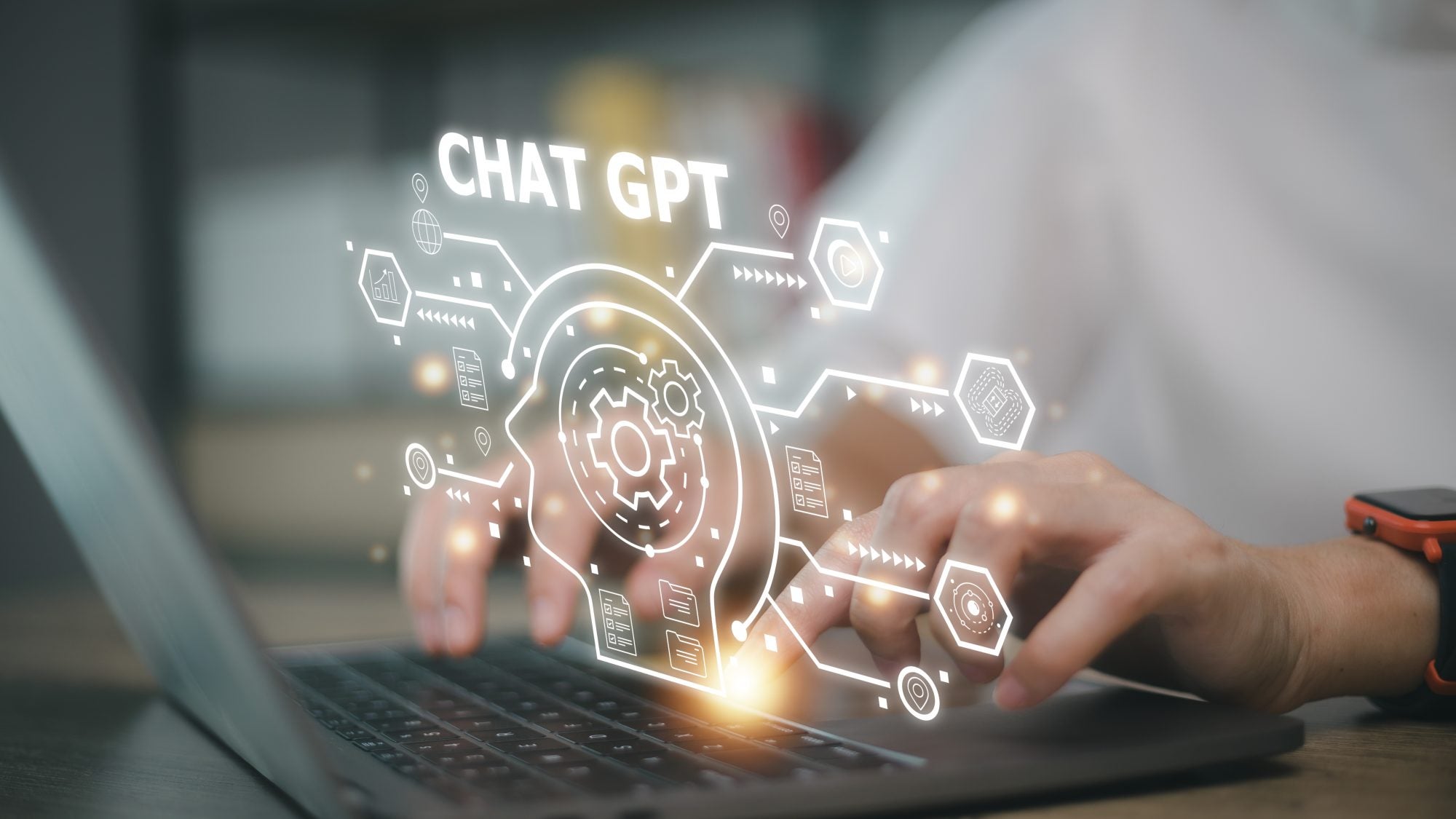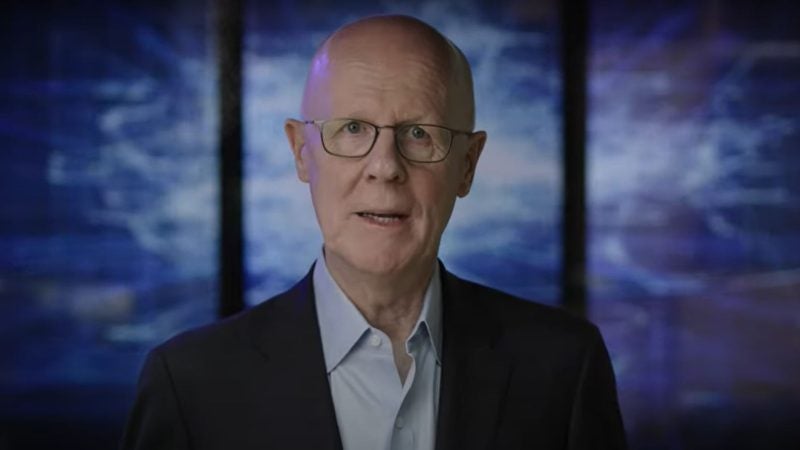Artificial intelligence has made momentous strides in recent months as ChatGPT and other generative AI tools have showcased their new capabilities. These new tools can create written text at extraordinary speeds, from poems to movie scripts, speeches and essays.
For students, the stakes are even greater as they equip themselves with the skills and knowledge to enter a workforce that is constantly evolving and only just beginning to grapple with the effects of AI.
“I definitely think about it in terms of my children. I think about it in terms of my students,” said Nick Lovegrove, a professor of the practice in the McDonough School of Business who studies management and the intersection between AI and business. “I think it’s going to require responses at the societal level that involve regulation, constraints and guardrails because, frankly, these are the kind of tools that could overwhelm us if we don’t exert some degree of control over them.”
To get a better understanding of AI and what it means for students and the future of education, watch Lovegrove explain what AI means for students today and how students can prepare to succeed in a society filled with AI.




